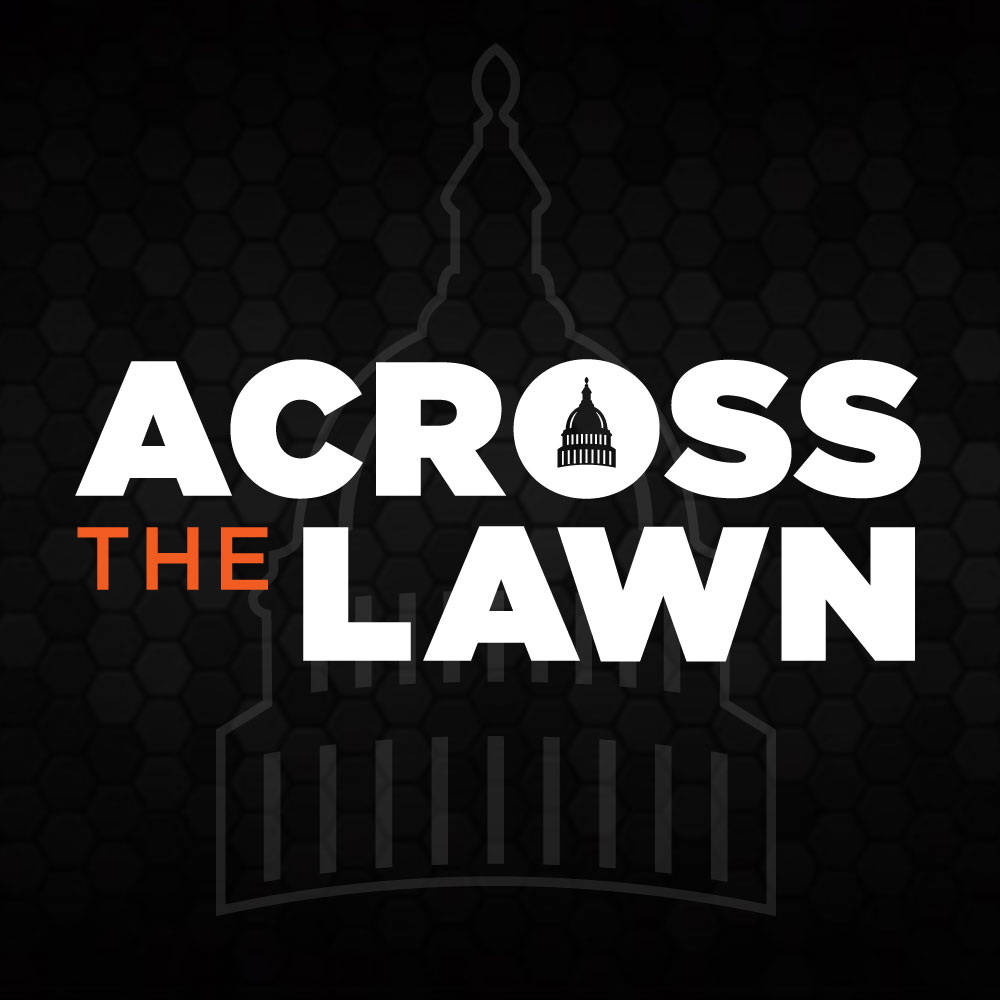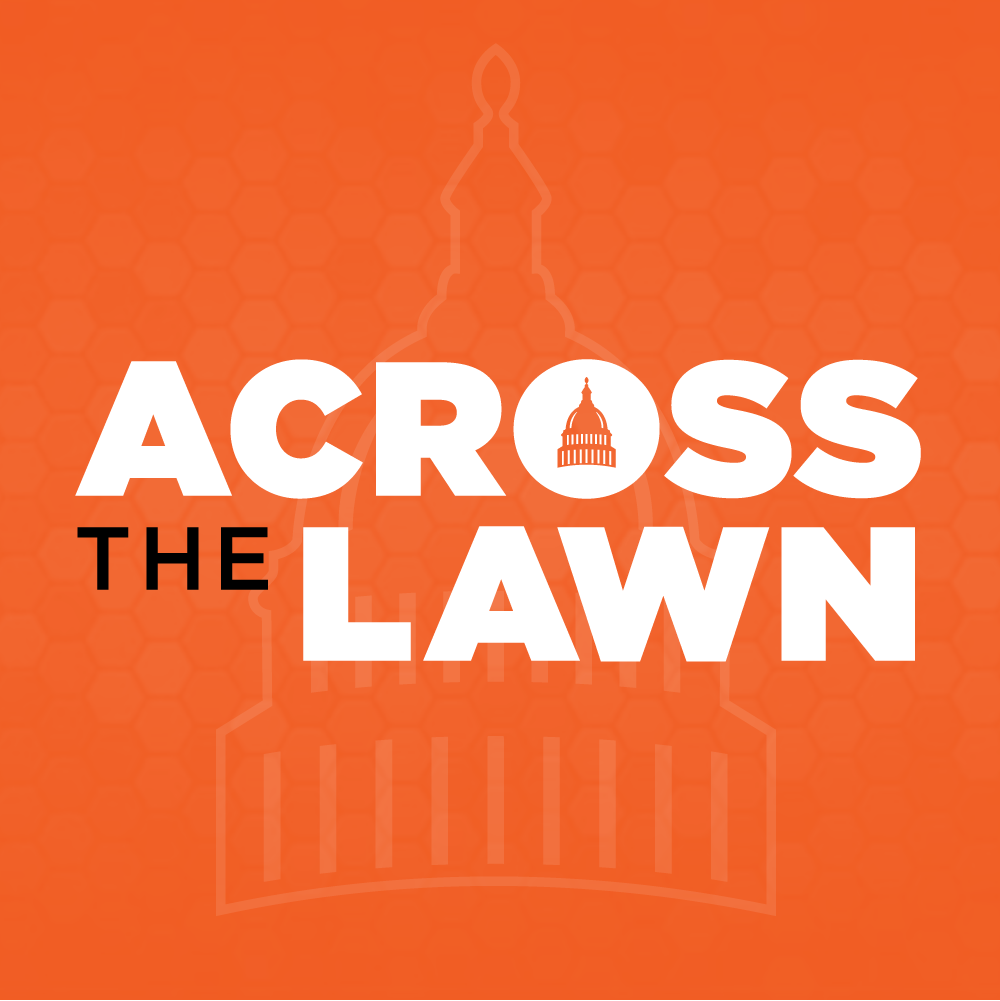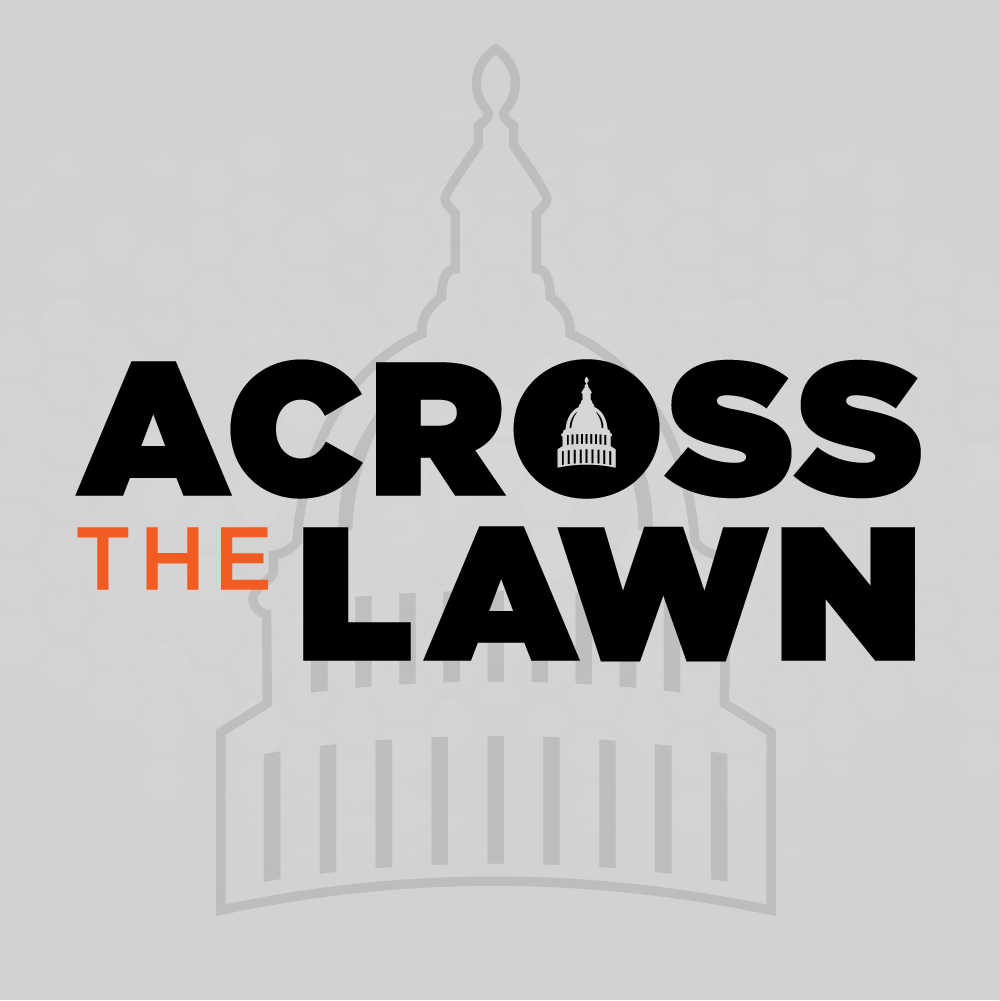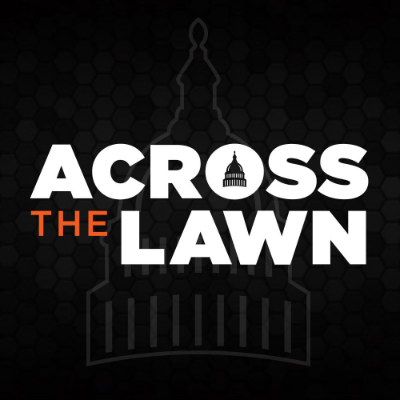
categories
Across the Lawn – April 18, 2025

April 18, 2025
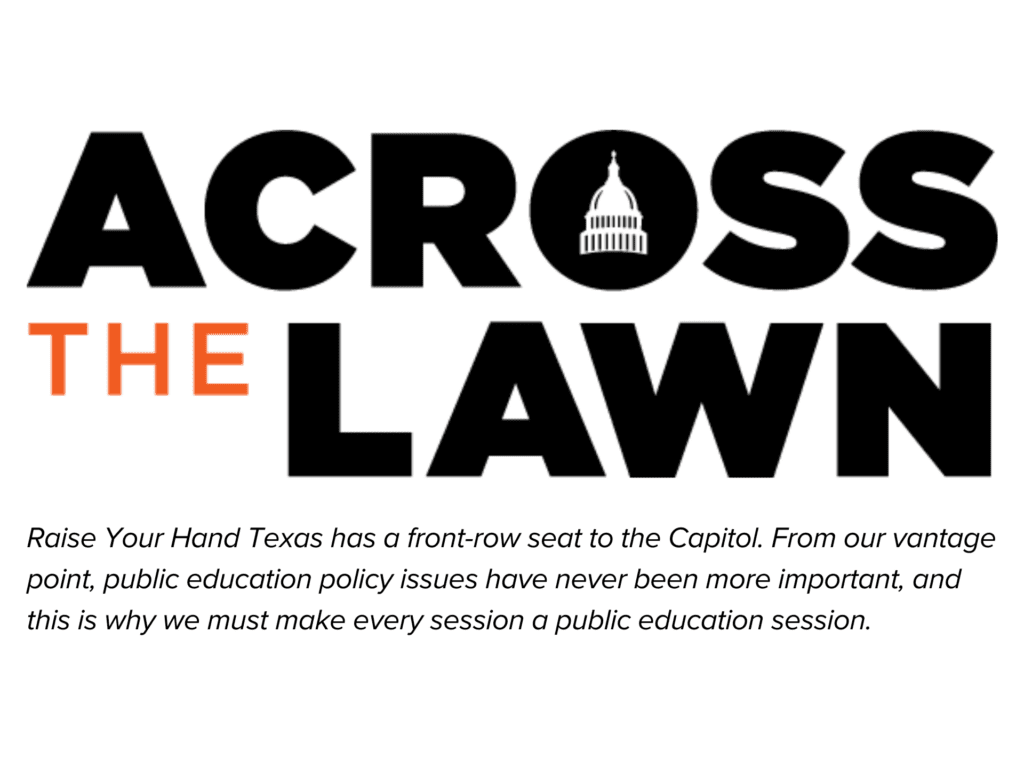
One Thing to Do: Show Your Appreciation for Texas Teachers
Take the opportunity to thank a Texas teacher in your life in a big way. Submit a video showing your appreciation for a teacher and it could be shared with over 80,000 people across Texas.
Four Things to Know:
1. Voucher Bill Passes House after Long Debate, 86-61
The House version of SB 2, the school voucher bill (also known as Education Savings Accounts or ESAs), passed after nearly 10 hours of debate with a final vote of 86-61. The bill now moves back to the Senate, where members can either accept the House version or reject it and appoint conference committee members.
Of the 44 amendments discussed during the long floor debate, only Rep. Buckley’s own amendment was accepted into the legislation. The major changes in this amendment included:
- Limiting access for those families making above 500% of the federal poverty level – about $160,000 for a family of four – to only 20% of the overall appropriations, which means only accessing up to $200 million of the $1 billion appropriation in the 2026-27 school year. This provision is now permanent.
- Requiring participating private schools to be in operation for two consecutive years before being an eligible ESA provider.
- Ensuring the Comptroller provides standardized testing data from participating private schools.
- Requiring that students using an ESA be Texas residents.
The other major differences in the two versions of the bill include how public, private, and home schools students are prioritized in a lottery based on family income levels, the grade levels that will have to be administered either a nationally-normed referenced test or STAAR test if using an ESA, and whether or not the dollar amount will be a flat amount or based on a percentage of public school funding per student.
There were numerous amendments offered that would have placed caps on the program’s expansion, limited ESAs to only low-income families, or sent the program’s approval to the voters of Texas. These amendments were all tabled (failed to be fully considered). For more information, please read the statement Raise Your Hand Texas posted about the passage of SB 2 and HB 2.
2. House Passes School Funding Bill, 142-5
The House also considered and passed HB 2, the school funding bill (3rd reading vote 142-5). It will now go to the Senate for consideration.
HB 2 provides $7.7 billion in new funding for public education through various formula provisions, including an increase in the basic allotment from $6,160 to $6,555, increases to the special education funding formulas, increases to the small- and mid-sized adjustments, and increases to the compensatory and bilingual allotments. The major changes to the bill include:
- Reinstating the hold harmless funding for prior property tax relief provisions.
- Moving changes to the compensatory education and bilingual education allotment increases to the second year of the biennium.
- Modifying teacher and staff pay requirements so that three-quarters of 40% of the gain must be spent on teachers, counselors, nurses, and librarians.
- Capping the charter school facilities funding at $100 million in FY 2026 and $160 million in FY 2027, reducing it from the committee substitute version.
- Increasing the appropriation for declining attendance to $300 million per year, up from $60 million.
3. Other Bills on the Move this Week
This week, the House also passed the following bills: :
- HB 100 passes from the full House and bans school districts and charter schools from using or purchasing instructional materials that appear on the State Board of Education’s (SBOE) rejected materials list. This includes prohibiting the use of both local funds and funds from the Instructional Materials and Technology Allotment for such materials.
- HB 6 passes from the House and limits out-of-school suspensions to three days and in-school suspensions to 10 days. For 3rd grade and below, out-of-school suspensions are limited to incidents with immediate threats to safety or serious disruptions.. Schools are allowed to create virtual Disciplinary Alternative Education Programs (DAEPs), and students enrolled in these programs will still count toward Average Daily Attendance (ADA) for state funding. Possession of e-cigarettes no longer requires automatic removal from class.
- SB 569 passes from the House Committee on Public Education and allows school districts and open-enrollment charter schools to offer instruction through hybrid courses, virtual courses, and full-time hybrid or virtual programs. It defines the rights of students and teachers in these settings and permits schools to partner with private or third-party providers to deliver full-time hybrid or virtual instruction.
- SB 260 passes from the House Committee on Public Education. The Senate version proposes increasing the school safety allotment from $10 to $28 per student and from $15,000 to $30,000 per campus. The House version raises the allotment to $14 per student and $37,000 per campus.
4. Legislative Session Deadlines Loom
There have been nearly 150 bills passed from either House or Senate committees related to public education. With only 45 days remaining in the 89th Legislative Session, there will be some important dates to keep in mind.
- House bills must be reported from House committees by May 12
- House bills must be heard on second reading on the House floor by May 15
- House committees must report the Senate bill by May 24
- The House must hear the Senate bill on second reading by May 27
